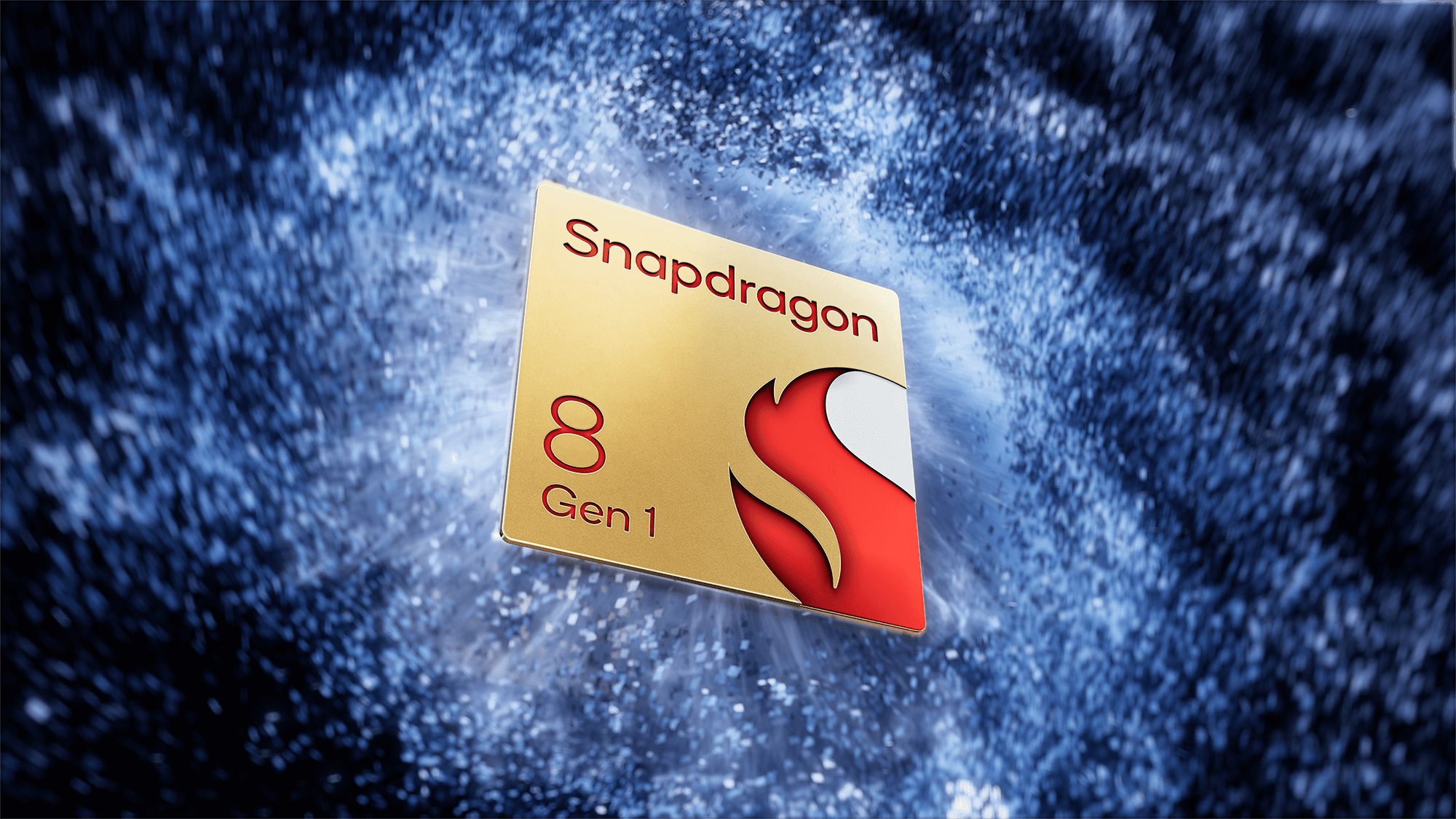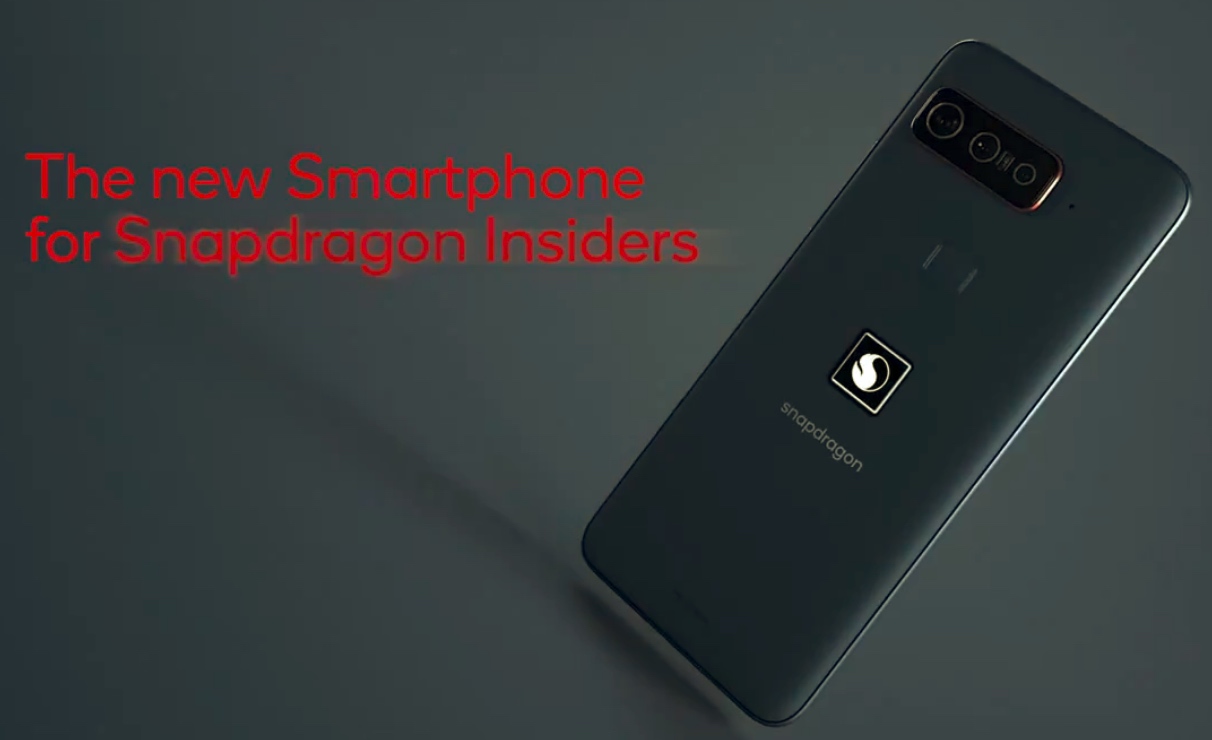
Over the last month or so, Qualcomm has revealed key details about its next-generation premium chipset: the Snapdragon 820. Today, it has revealed details about the modem that will be integrated into the chipset: the X12 LTE.
The new modem from Qualcomm is first at a number of things and pushes the boundary in terms of the connectivity options offered by mobile processors. The first highlight of the X12 LTE modem is that it supports LTE Cat. 12 that allows for download speeds of up to 600Mbps. This is 33 percent faster than the X10 LTE modem used inside the Snapdragon 810 that only had support for Cat 9 LTE networks.
Next, the modem also supports LTE Cat. 13 for upload speeds of up to 150Mbps — 3x the maximum speed of the X10 modem found inside the Snapdragon 810 chipset.
https://youtu.be/UMNrD8ZGJow
Additionally, the X12 LTE modem also adds support for “higher order modulation” on both downlink and uplink to allow for even greater download/upload speeds that would be possible with carrier aggregation.
Qualcomm has also pushed the boundaries in terms of Wi-Fi connectivity with its X12 LTE modem by adding support for 802.11ac 2X2 MU-MIMO and 4×4 MIMO. The company says that this “fundamentally changes how Wi-Fi works” and allows its Snapdragon 820 chipset to support Wi-Fi speeds that are up to 2-3x times faster in crowded areas. The chipset supports 802.11ad that makes it possible to stream multiple 4K video streams simultaneously, backup your camera photos to a network drive in seconds, and more.
That’s not all, though. The X12 LTE modem from Qualcomm has been designed to automatically select between Wi-Fi and LTE depending on the quality of the signal, the download and upload speed, and more.
Qualcomm’s X12 LTE modem will make its debut with the Snapdragon 820 chipset in devices early next year.
After coming out with a disappointing Snapdragon 810 chipset this year and receiving a lot of flak for it, Qualcomm seems to be ready to amaze consumers with the performance and connectivity options of its next-generation Snapdragon 820 chipset.
[Via Qualcomm]
















